You keep trying things but nothing really changes
You’ve tried skipping meals. You’ve counted every bite, every snack.
You’ve done low-carb. Then no sugar. Then “clean.”
Still, your body feels stuck.
You lose a few pounds, only to gain them back.
Or your weight stays the same, but your energy dips.
You wonder if you’re doing something wrong.
You question your own habits, your own willpower.
But maybe the issue isn’t effort—it’s direction.
And maybe it’s time to let someone help you steer.
You’re eating less, but somehow feeling worse
Your portions got smaller. Your meals got simpler.
And yet, your mind feels heavier.
You feel foggy, tired, short-tempered.
You’re not sure what’s missing, but something is.
You’re not skipping for results anymore—you’re skipping out of habit.
The hunger feels numb.
And what used to be food now feels like numbers.
If nourishment has turned into exhaustion, it’s time for a different kind of conversation.
You don’t know what “normal eating” looks like anymore
You’ve read every label. Tracked every gram.
But ask yourself what hunger feels like—you’re not sure.
You hesitate before every bite.
You search online to see if you’re eating “right.”
But you don’t even know what that means anymore.
Food feels like work.
Eating feels like a test.
And deep down, all you want is to eat without thinking so hard.
That’s where a dietitian can begin—not with rules, but with relief.
You’re gaining weight in ways you don’t understand
You haven’t changed your meals.
You haven’t been overeating.
And still, your body shifts.
Your clothes feel tighter.
Your stomach bloats after meals.
Your face looks different.
You start blaming yourself, but something deeper might be happening.
Hormones? Stress? Sleep? Gut health?
A dietitian doesn’t guess—they observe, ask, and explain.
Food rules are starting to control your choices
You used to eat with freedom.
Now, you avoid dinner invites.
You pack your own meals—not for health, but for control.
You’ve labeled entire food groups as “bad.”
You don’t remember why.
You just follow rules you didn’t even create.
When food becomes about anxiety more than appetite,
it’s time to take that seriously.
You can rebuild trust with help.
You’re active, but your energy isn’t matching your effort
You work out. You move daily.
But you feel drained instead of strong.
You push through fatigue.
You assume it’s just discipline.
But maybe your body is underfed.
Maybe it’s trying to keep up without the fuel.
You might be eating “healthy,” but not enough.
Or not at the right time.
A dietitian can help you match your energy to your effort.
You’re eating “healthy,” but not feeling healthy
You fill your plate with greens.
You drink smoothies.
You avoid fried food, sugar, snacks.
But you feel bloated, heavy, low.
You wake up tired.
You feel hungry again too soon.
Your skin breaks out.
Your mood shifts fast.
Sometimes, it’s not about eating “clean”—it’s about eating right for your unique body.
Your relationship with food feels fragile
You dread meals.
You overthink snacks.
You restrict and then binge.
You promise to do better, only to feel worse.
Food feels like a battlefield.
And you’re always on edge.
You don’t need a full diagnosis to get help.
Even if things are “not that bad,” they still deserve care.
A dietitian can help you feel safe again at the table.
You’re managing a health condition and feel overwhelmed
You were diagnosed with something.
Diabetes. PCOS. IBS. Autoimmune disease.
And suddenly, your meals feel like prescriptions.
You get advice from doctors, blogs, strangers.
One says eat this. Another says avoid it.
Nothing feels clear.
You’re trying to help yourself—but you feel lost.
A dietitian can sort the noise into something that finally makes sense.
You’re simply tired of not feeling like yourself
This isn’t about weight.
It’s about comfort.
About feeling grounded in your body again.
You want ease.
You want food to feel joyful—not heavy, not scary.
You miss feeling good after a meal.
You miss trusting yourself.
And that’s enough reason to reach out.
You don’t need anything to be broken to ask for help.
